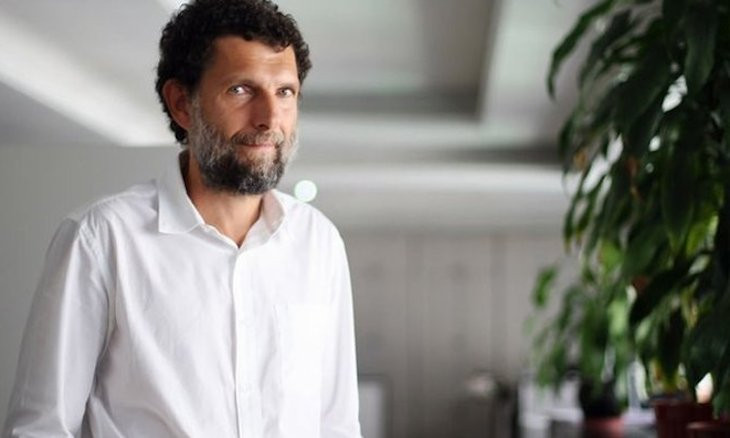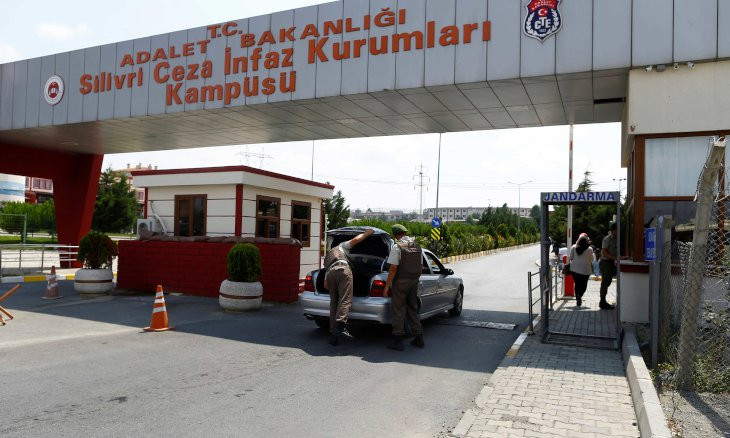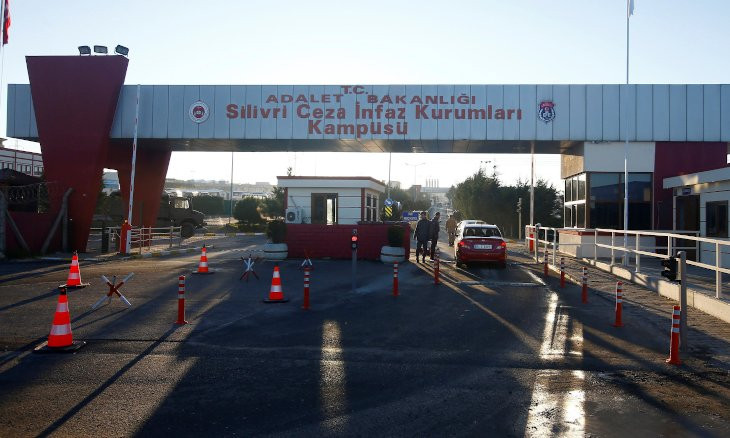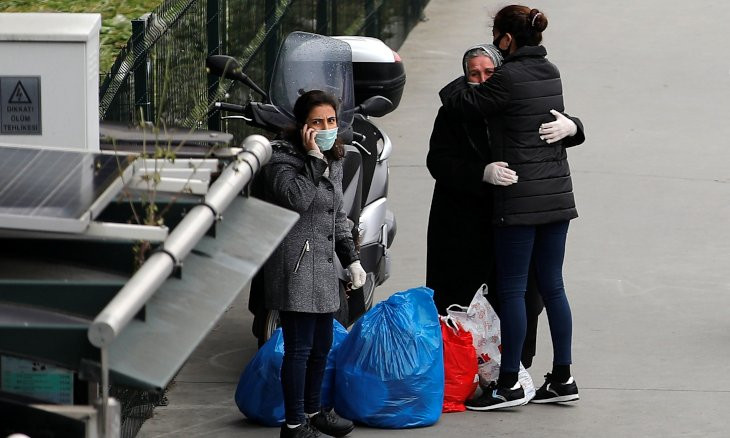US Congress members pen letter to Pompeo for release of political prisoners in Turkey
Six members of Congress, including Ilhan Omar, penned a letter to U.S. Secretary of State Mike Pompeo, urging the government to engage with Ankara to secure the release of political prisoners in Turkey, requesting that the U.S. government discuss the equitable application of release policies, particularly in the context of U.S. financial or other material assistance to Turkey.
Duvar English
 Germany calls for immediate release of Osman Kavala following ECHR decision
Germany calls for immediate release of Osman Kavala following ECHR decisionSeveral members of the U.S. Congress have penned a letter to U.S. Secretary of State Mike Pompeo, urging the government to engage with Ankara to secure the release of political prisoners in Turkey.
Six members of Congress, including Ilhan Omar, requested that the U.S. government discuss the equitable application of release policies, particularly in the context of U.S. financial or other material assistance to Turkey.
“The COVID-19 pandemic continues to deeply impact countries around the world, presenting many governments with difficult choices that involve prioritizing public health to slow the spread of the disease. As we have seen in the United States, incarcerated populations are particularly vulnerable due to overcrowding and an inability to maintain proper distancing,” said the members of Congress.
 Silivri Prison administration claims letters sent to inmates led to coronavirus
Silivri Prison administration claims letters sent to inmates led to coronavirus“We urge you to engage directly with the Turkish government on its COVID-19 prison policy to insist that release policies are offered equitably and consistently, and that certain groups in detention – particularly journalists, activists, and other political prisoners – are not excluded for political purposes," they added.
Turkey's parliament on April 14 passed a law that allowed the release of tens of thousands of prisoners to ease overcrowding in jails and protect inmates from the coronavirus, but which critics slam for excluding those jailed on terrorism charges.
However grave it may seem, "terror" has taken on a broad meaning in Turkey, essentially used as a way to criminalize any opponent of the government.
“As we know from news media reports and human rights groups, many of those arrested on such charges include journalists, students, civil society leaders, human rights advocates, and political opposition leaders who do not appear to either have demonstrable links to acts of terror or treason, or close and continuing associations with those engaged in such acts," said the members of Congress.
 44 inmates infected with coronavirus in Silivri Prison
44 inmates infected with coronavirus in Silivri Prison"In fact, as we are sure you are aware, there is ample evidence to indicate President Recep Tayyip Erdoğan and the Turkish government have consistently applied Turkish criminal law very broadly – and in many cases inappropriately – to crack down on these types of voices," they also said.
"The Department’s 2019 Country Reports on Human Rights Practices stated, ‘Under broad antiterror legislation the [Turkish] government restricted fundamental freedoms and compromised the rule of law.’ The reports also specified that Turkish authorities had engaged in the ‘arbitrary arrest and detention of tens of thousands of persons,'" they added.
Saying that Ankara's crackdown on journalists and political opposition is "fundamentally problematic," they noted that not releasing said prisoners amid the pandemic "calls into question the true motivation behind these charges."
 Turkey begins releasing prisoners as part of measures against coronavirus
Turkey begins releasing prisoners as part of measures against coronavirus“As a critical NATO ally, it is incumbent upon the U.S. to engage with the Turkish government to press them on these issues and urge an equitable application of release policies. For that reason, we ask that you raise this directly with Turkish Foreign Minister Mevlüt Çavuşoğlu, particularly in the context of any discussions of U.S. financial or other material assistance to Turkey to help mitigate the impacts of the pandemic,” the letter concluded.
